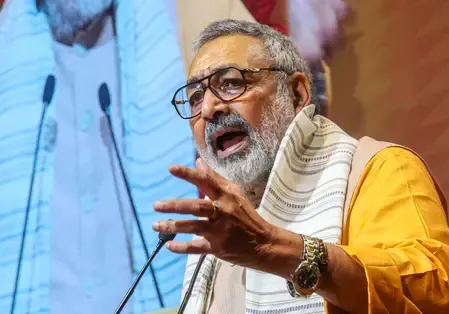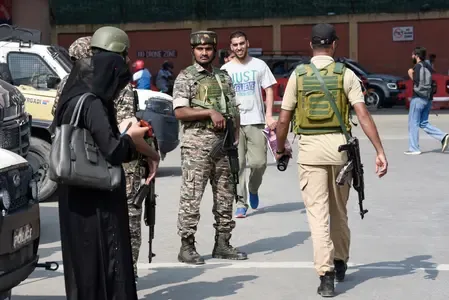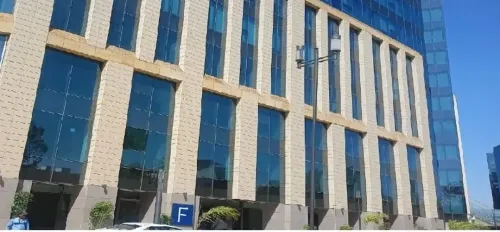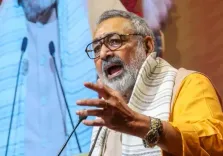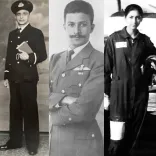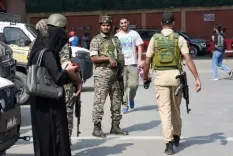Will the Government Amend MCOCA to Combat Narcotics Smuggling?
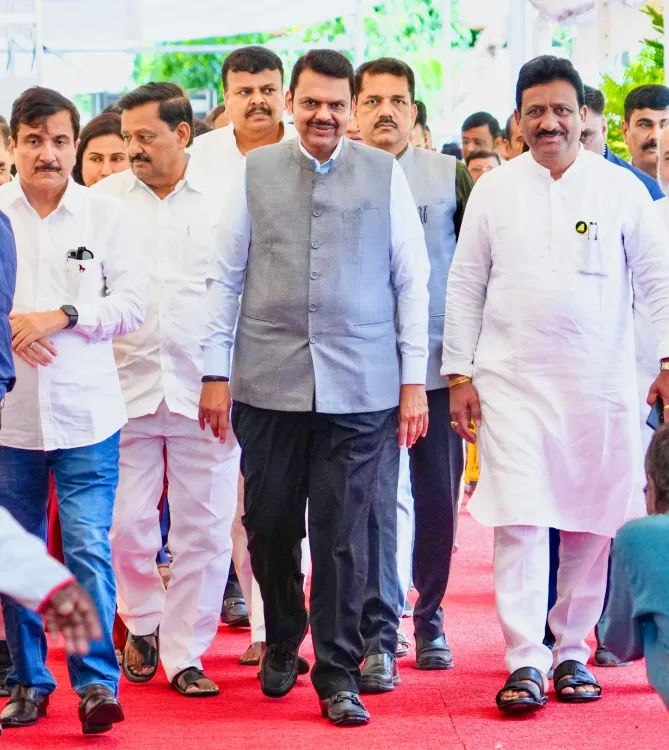
Synopsis
Key Takeaways
- Maharashtra government proposes MCOCA amendment to combat drug smuggling.
- Dedicated NDPS units established in police stations across the state.
- Improved intelligence sharing with the Central Government enhances operations.
- Focus on addiction recovery centers to improve services.
- Welfare measures for police include free medical treatment and health check-ups.
Mumbai, July 2 (NationPress) The Chief Minister Devendra Fadnavis announced on Wednesday during the state council meeting that the government intends to propose an amendment to the Maharashtra Control of Organised Crime Act (MCOCA) in the current monsoon session. This amendment aims to address the issue of narcotics smuggling, particularly in cases where individuals arrested under the Narcotic Drugs and Psychotropic Substances (NDPS) Act, 1985 are granted bail.
In response to a query from BJP legislator Parinay Fuke, the Chief Minister revealed that a dedicated NDPS unit has been established in every police station across the state, with personnel assigned to enhance enforcement. Additionally, coordination committees at the district level have been formed. He highlighted that the police have made significant progress in addressing numerous cases over the past two and a half years.
Fadnavis emphasized that collaboration with the Central Government has improved state-level and inter-state coordination. Intelligence sharing among states has facilitated effective joint operations against narcotics smugglers.
The Chief Minister also underscored the importance of addiction recovery centers, indicating that policies will be developed to improve their availability and quality, including the establishment of high-standard facilities. He reiterated that cannabis cultivation is illegal in Madhya Pradesh and affirmed that strict measures will be enforced against individuals involved in smuggling cannabis, gutkha, or similar substances.
In another response to Shiv Sena UBT legislator Sunil Shinde, Fadnavis assured that all matters regarding compassionate recruitment of police officers will be addressed on a mission mode within the state's 150-day plan. He also mentioned that directives for compassionate recruitment have been issued to all departments.
Moreover, he pointed out that the concept of 8-hour shifts was first implemented in Mumbai, and while exceptions may occur during festivals, the system has largely stabilized. Weekly holidays for police officers have been introduced, and provisions for enhanced 'encashment' of leave have been significantly increased.
Large-scale housing initiatives for police personnel are underway throughout the state, including in Mumbai, with rapid developments at the taluka level. Fadnavis noted the unprecedented work of the Police Housing Construction Corporation. He mentioned that the DG Loan Scheme, which had been discontinued by the previous government, has now been revived, with efforts underway to resolve prior delays.
In light of the rising prevalence of lifestyle-related health issues among police personnel, annual health check-ups will now be mandatory for officers over 40, and biannual check-ups for those over 50. The Chief Minister added that a specialized program for mental health support and engagement with senior officers is being implemented.
State Home Minister Yogesh Kadam affirmed that the government is rolling out numerous welfare measures for police personnel, including free medical treatment for 40 different illnesses through partnerships with 270 hospitals statewide. Cancer screening camps are being organized, along with initiatives promoting yoga, meditation, and gym facilities for police officers.

